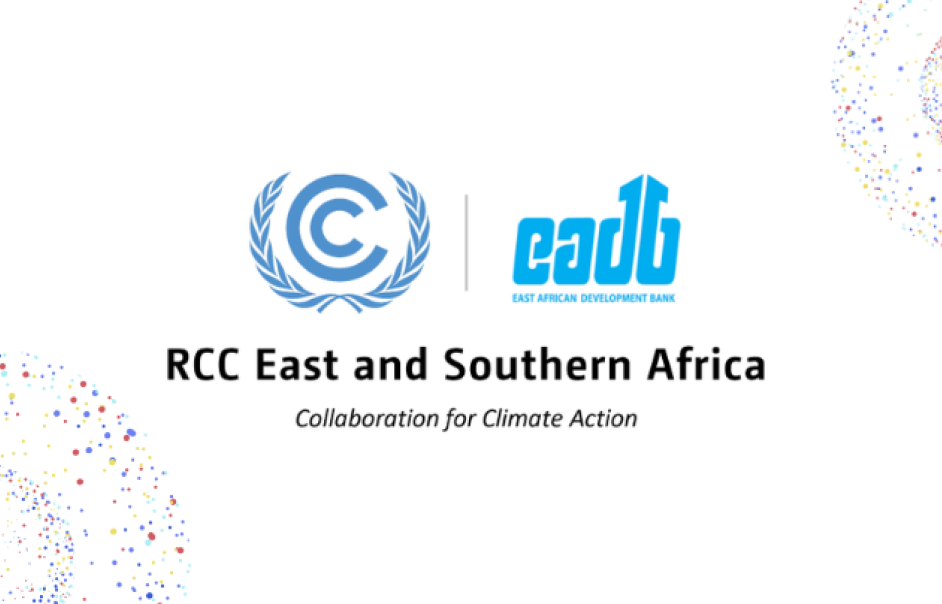Human Mobility, Climate Change and Green Economy Policy Integration Study for East Africa Published
RCC Kampala in collaboration with International Organization for Migration produced a report mapping the policy integration of human mobility to key climate change and green economy policies.
The full report can be found at the IOM Environmental Migration Portal.
A short article on the study can be found at IOM Publications webpage.
On 24th of February 2023, a report on ‘Integration of human mobility in Green Economy and related policies in the Intergovernmental Authority on Development (IGAD) region’ was published. The report looks at the key policies guiding climate action and green economy development and how human mobility considerations have been integrated in these.
The study was done in collaboration between the UNFCCC Regional Collaboration Center (RCC) of Eastern and Southern Africa in Kampala and International Organization for Migration (IOM) East and Horn of Africa Office (EHoA). The study is a part of a multi-partner project on ‘Addressing drivers and facilitating safe, orderly, and regular migration in the contexts of disasters and climate change in the IGAD region’.
The Need for Whole-of-Society Approaches to Address Climate Mobility
The IGAD region is regarded as one of the most vulnerable to climate variability and change. Countries in the region are regularly affected by slow and sudden onset extreme weather and climatic processes and events, most commonly environmental and land degradation, drought, water level changes, rainfall variability, floods, landslides, and storms. These degrade ecosystems, reduce crop yields, and destroy habitable areas, livelihoods, jobs, business premises and other infrastructure.
Different forms of human mobility (including displacement, migration, and planned relocation) to, from and within the IGAD region reflect the complex drivers and structural factors that often compel people to leave their country or homes of origin. The number of people migrating and those at risk of displacement is anticipated to increase in the coming years, considering projected population growth, constant environmental change, degradation, and an increase in the frequency and intensity of hazards associated with the adverse effects of climate change.
Green economy policies can provide a framework to combine aspects of environmental protection and human mobility and human mobility’s contributions to sustainable development concretely. The report demonstrates the needs and opportunities related to the integration of human mobility in regional and national green economy related policies, including national development plans.
The report finds that regardless of the strong climate action commitments in the region, the integration of human mobility into climate policy and green economy policy is often partial. Based on the identified issues, the report also maps best-practices and offers recommendations. Key recommendations include how to address:
Strengthening of knowledge and evidence base for inclusive green economy policy-making and service delivery
Reinforcement of whole-of-government approached to ensure policy coherence on ‘human mobility, climate change, and green economy nexus’
Building of whole-of-society approach to green economy development through engagement and skills transfer
The full report can be found on the IOM Environmental Migration Platform.
A short article on the study has been published in ‘Migration Policy Practice’ (p.31). The publication focuses on policy-oriented research and analysis, with the aim to contribute to a better understanding of the multidimensional aspects of migration and inform migration policies at the national, regional and international levels. The full open-access publication can be downloaded from the IOM Publications Platform.
